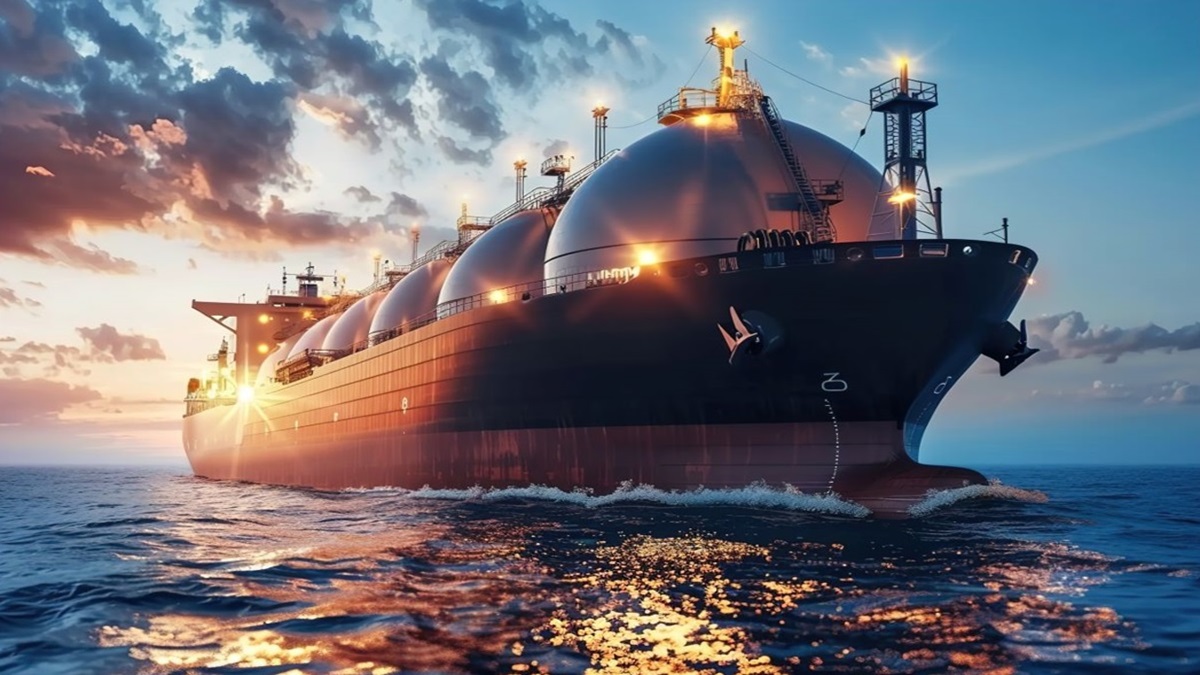The 2023 IMO GHG Strategy foresees global shipping to be net-zero by or around 2050. Numerous actions are being implemented at the global, regional and national level aimed at achieving that goal.
In 2021 IMO adopted the short-term GHG reduction measure, putting in place mandatory energy efficiency requirements requiring ships to progressively reduce their carbon intensity (EEXI and CII), thereby reducing fuel consumption per tonne/mile transported. Latest fuel consumption data reported to the IMO demonstrate an improvement of carbon intensity between 31 and 38% (depending on the metric used), compared to 2008, thus nearing the 40% target for 2030 as set out in the IMO GHG Strategy.
Further energy efficiency improvements can reduce fuel consumption and boost innovation in all ship segments. Rapid technological development in propeller design, air lubrication systems, wind propulsion, hull coating, and just-in-time operations lowered CAPEX and OPEX costs, and faster payback periods.
Ports continue to pursue partnerships along green maritime corridors, and currently over 60 of these corridors are at different stages of development, nourishing crucial first-mover experience in the use of alternative fuels, safe bunkering, shore-power, and forging demand for zero and near-zero emission fuels and technologies through cooperation in industrial clusters in ports areas.
IMO’s support to countries to develop National Action Plans further reinforces cooperation between the shipping, ports and energy sectors, as well as the financial sector to enhance access to finance for shipbuilding and retrofits.
Shipping plays an important role in the global energy transition, enabling the transport of low-emission fuels from their production locations to high-energy demand centers, also allowing ships to use those fuels for propulsion.
IMO is in the process of developing a next set of regulatory measures that will further chart the course of shipping’s energy transition towards net-zero, facilitating global trade, creating new opportunities for alternative fuel producing countries, supporting related maritime infrastructure development, and safeguarding reliable and affordable shipping for the many States depending on shipping as their lifeline to the world’s markets.
This event will focus on current action; and recommendations on how IMO and other stakeholders can further prompt the energy transition of shipping through
appropriate regulatory measures and broader enabling frameworks; including first-mover action and support mechanisms, notably for developing countries, in particular SIDS and LDCs, to ensure that no one is left behind.
Governments and other public entities, international organizations, industry and civil society representatives are invited to join this dialogue, and share their valuable insights on the necessary next steps in shipping’s energy transition.
Agenda
| 16:45 – 16:55 |
Opening
|
|
16:55 – 17:05
|
Key note
|
| 17:05 – 18:00 |
Ongoing action in the energy transition of shipping and actions needed to accelerate upscaling and innovation Moderator:
Panel:
|
| 18:00 – 18:10 | Q&A |
| 18:10 – 18:15 |
Closing remarks
|
